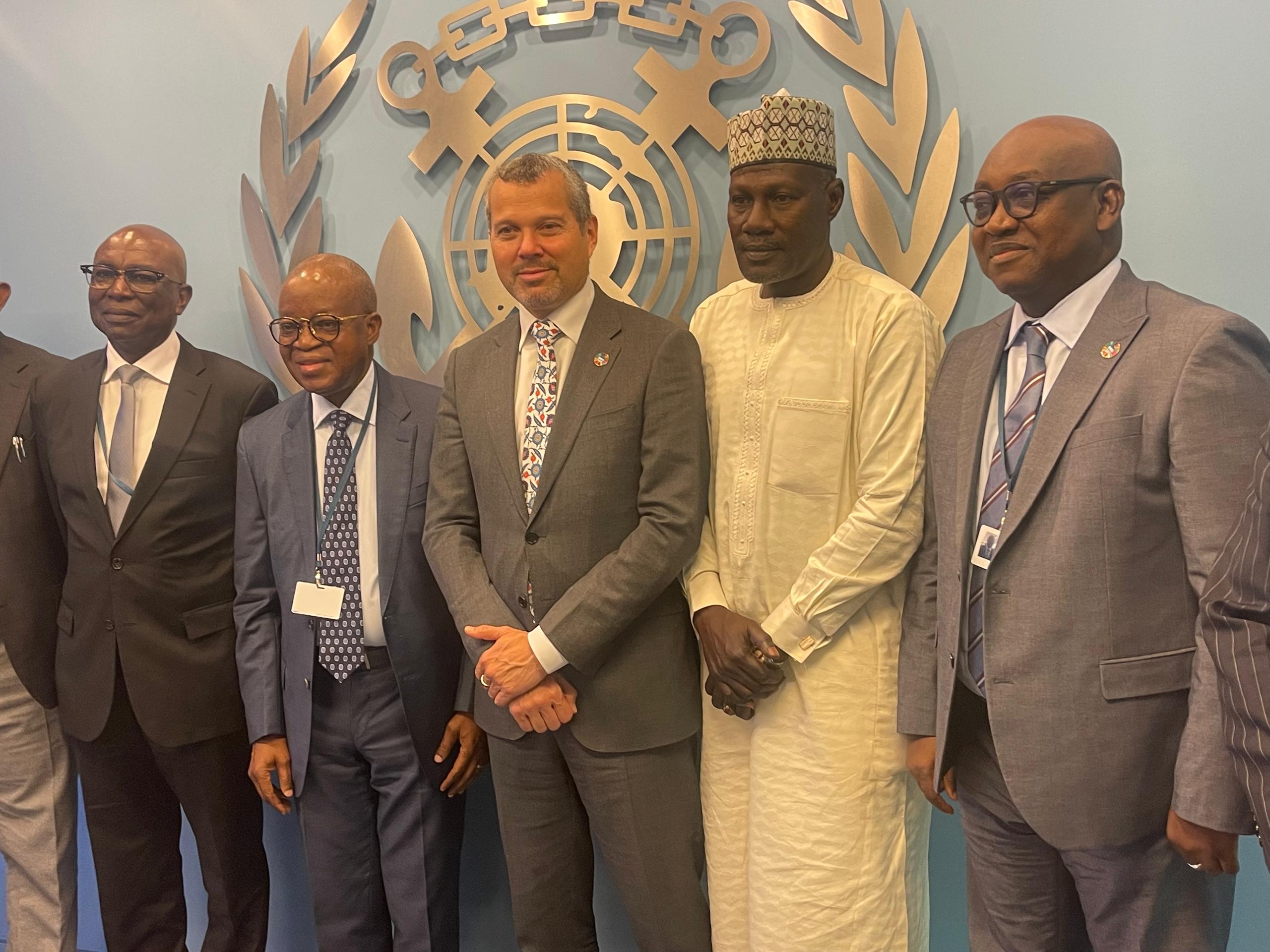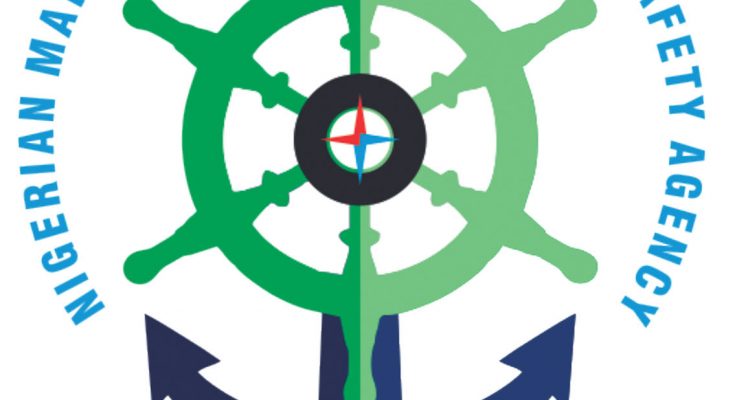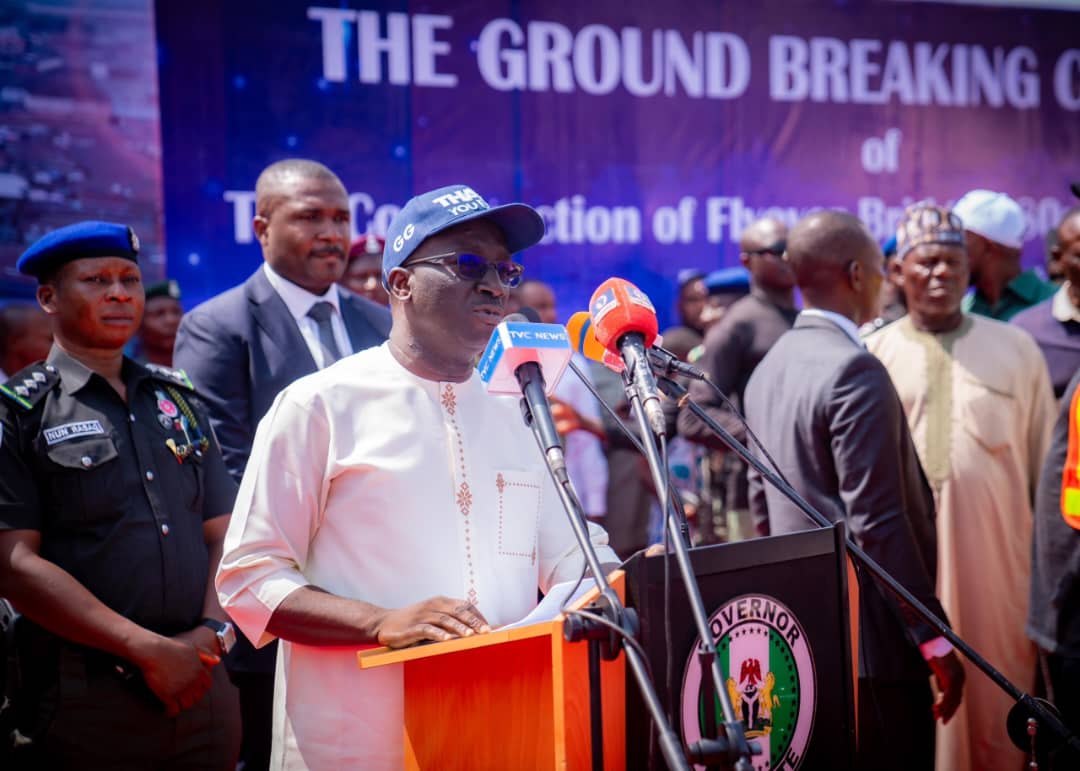Maritime
Petroleum Tanker Drivers Cry Out Over Tanker Hijack
LAGOS: Despite the introduction of electronic system of loading petroleum products at tank farms, also known as ‘Project Aquila’ which was introduced by the Petroleum Equalization Fund (PEF) early this year, the Petroleum Tanker Drivers (PTD) branch of NUPENG has said that the scheme has reduced product diversion but that unfortunately, the hijacking of petroleum tankers still continue.
According to PEF, ‘Project Aquila’ was part of the measures introduced to check the diversion of fuel and fraudulent claims of bridging funds by transporters, but the tanker drivers has said that even though the gesture is good, it has not extended to all petroleum tankers.
 The Assistant Secretary of the PTD at the Lagos Zonal office, Comrade Tayo Boyeji alleged that seventy percent of the petroleum trucks that are being loaded from the tank farms around Ibru jetty are not being tracked under the project Aquila scheme.
The Assistant Secretary of the PTD at the Lagos Zonal office, Comrade Tayo Boyeji alleged that seventy percent of the petroleum trucks that are being loaded from the tank farms around Ibru jetty are not being tracked under the project Aquila scheme.
Comrade Boyeji who is also the secretary of the PTD unit at Acorn tank farm around Coconut bus stop in Apapa; said that if a truck is being tracked properly as it should be, there is no way that such a truck can be diverted without it being noticed, he however stressed that a truck that is not being tracked can be hijacked to any unknown spot.
“Petroleum tankers are not being diverted anymore, they are now being hijacked, unfortunately, it is only thirty percent of the trucks that are being tracked, the remaining seventy percent are not being tracked and therefore once they are hijacked that is the end of the product”
He also confirmed that the reason for this development is because many of the petroleum depots did not make it compulsory to track all the trucks leaving their depot with petroleum product. He also pointed out that owners of the cargoes sometimes contribute to the problem by refusing to get their product tracked.
“The reason for this is that, it is only few of the major marketers that have made the tracking of tankers compulsory, not all of them are making it mandatory, many of the tank farms around coconut are not making use of the tracking, the trucks just come, and load and they go”
“The owner of the product can also decide not to track it, he can decide to take advantage of the scheme and he can decide not to bother” he said.
However, while speaking on the success of the project Aquila on petroleum tankers that subscribe to it, Operations Manager of First Deepwater petroleum tank farm, Mr. Sunday Okpithe said that the scheme is working perfectly and that it has helped in preventing a lot of fraud in bridging claims.
Speaking, Okpithe said that “I think the scheme is working, I see it as an improvement in our system, before now, once products are loaded from the tank farms, it will be difficult to ascertain if they really get to where they are intended, but now there is no way that you will load a truck and it will just disappear if the truck is being tracked”
Continuing he said that “We have not seen any shortcoming in the system, it is working perfectly, since they have just started with the implementation, I believe we should give them some time while we observe the effectiveness.”
Maritime
Maritime Governance: Minister Deposits Three Accession Instruments At IMO

The Honourable Minister of Marine and Blue Economy, Adegboyega Oyetola has deposited three Instruments of Accession to IMO Conventions signed by President Bola Ahmed Tinubu with the global body.
He did so on Tuesday, at the headquarters of the International Maritime Organization (IMO), which acts as the repository for these conventions.
This move, coming a few weeks after Nigeria declared its intention to contest election for a seat on the IMO Council, is expected to enhance Nigeria’s maritime governance and align its practices with international standards, promoting maritime safety, security, and environmental protection.
Shortly after the presentation ceremonies, Oyetola informed the IMO Secretary General, Arsenio Dominguez, of the President’s commitment to ensuring that Nigeria aligns with international maritime standards regarding maritime safety, security, and sustainable marine practices.
ALSO READ: NNPCL Launches Utapate Crude Oil Blend, Eyes Production Expansion In 2025
He also called on the IMO to extend technical support to Nigeria.
In his words, “These instruments, duly acceded by His Excellency, the President of the Federal Republic of Nigeria, signify Nigeria’s continued commitment to aligning with international maritime standards, ensuring maritime safety and security, and promoting sustainable marine practices.
“We hereby request tailored technical cooperation under the Integrated Technical Cooperation Programme (ITCP) to enhance Nigeria’s compliance with IMO conventions and improve our maritime governance and implementation of the instruments we submitted today.”
On his part, Dominguez, acknowledged with appreciation the formal deposition of the Instruments of Accession, stating that it underscores Nigeria’s steadfast commitment to aligning with global maritime standards.
“I congratulate Nigeria for its exceptional efforts in acceding to these six critical IMO instruments. I encourage continued momentum by securing presidential assent to additional key conventions. We at the IMO remains fully committed to supporting Nigeria through technical cooperation and capacity-building initiatives to ensure the successful implementation of these instruments,” he stated.
The instruments Oyetola handed over to Dominguez include the instrument of accession to the 2005 Protocol to the Convention for the Suppression of Unlawful Acts against the Safety of Fixed Platforms Located on the Continental Shelf (SUA Protocol 2005), the instrument of accession to the International Convention on Standards of Training, Certification, and Watchkeeping for Fishing Vessel Personnel (STCW-F), and the instrument of accession to the Protocol Relating to Intervention on the High Seas in Cases of Pollution by Substances Other Than Oil (Intervention Protocol 1973).
It was gathered that three other Instruments of Accession signed by President Tinubu are undergoing further steps to complete the processes for their deposit.
Maritime
Capacity Dev’t: NIMASA Assures On Cabotage Vessel Financing Fund

Funds accrued under the Cabotage Vessel Financing Fund (CVFF) are intact and currently held with the Central Bank of Nigeria (CBN) under the Single Treasury Account (TSA).
This assertion was made by the Nigerian Maritime Administration and Safety Agency (NIMASA), in a statement in Lagos on Tuesday.
The clarification became necessary to address “a misleading publication alleging that funds have disappeared from the CVFF account”.
ALSO READ: Okpebholo Hits Ground Running, Flags Off Edo’s 1st Flyover Bridge
The statement reads, in part, “The report of a missing money is both misleading and false.
“For the record, the Cabotage Vessel Financing Fund, securely held in the NIMASA account at the Central Bank of Nigeria (CBN), remains intact. There has been no disappearance of funds, and no illegal transactions, as the article suggests. This misinformation is a figment of the authors imagination, aimed at undermining NIMASA’s integrity, and mislead the public about the Agency’s operations.
“The Management of NIMASA will ensure that the CVFF is utilised in line with its statutory purpose. NIMASA Director General, Dr Mobereola has assured stakeholders of the safety of funds under the CVFF.”
The statement cited the DG thus, “Let us be clear that the CVFF account at the Central Bank of Nigeria is safe, intact, and secure. We at NIMASA will continue to manage it with the utmost responsibility, and there are no irregularities or illegal activities surrounding the funds. I urge the public to disregard this false narrative and to continue trusting the Agency’s ability to uphold the integrity of Nigeria’s maritime sector”.
It was gathered that the CVFF is a fund established under section 42 of the Coastal and Inland Shipping (Cabotage) Act 2003 to promote the development of indigenous ship acquisition capacity and to provide credit facilities to local maritime operators.
The NIMASA, assured of its commitment “to transparency, accountability, and the advancement of Nigeria’s maritime sector.”
Maritime
Okpebholo Hits Ground Running, Flags Off Edo’s 1st Flyover Bridge

Edo State Governor, Senator Monday Okpebholo appears eager to deliver the dividends of democracy to his constituents.
This is discernible from the frenzy of activities being witnessed in his first few days on the job, including dissolution of boards, constitution of investigative panels, flagging off of infrastructure projects, among others.
In the bid to address the perennial road traffic congestion negatively impacting economic and social activities in Benin City, the state capital, Gov Okpebholo on Wednesday flagged off the construction of a flyover bridge.
Biztellers reports that the flyover bridge around the popular Ramat Park in the city centre is the first of such in the history of Edo State.
ALSO READ: Tinubu Seeks ₦1.767tn Loan to Tackle 2024 Budget Deficit
The Edo State Government made the disclosure in its verified handle on micro-blogging site, X, on Wednesday.
It wrote, “Traffic decongestion: Gov Okpebholo flags off first flyover in Edo.
“Edo State Governor, Sen. Monday Okpebholo has flagged off the construction of a flyover bridge at Ramat Park, Benin City, the State Capital, as part of immediate efforts to reduce traffic congestion in the city.”











